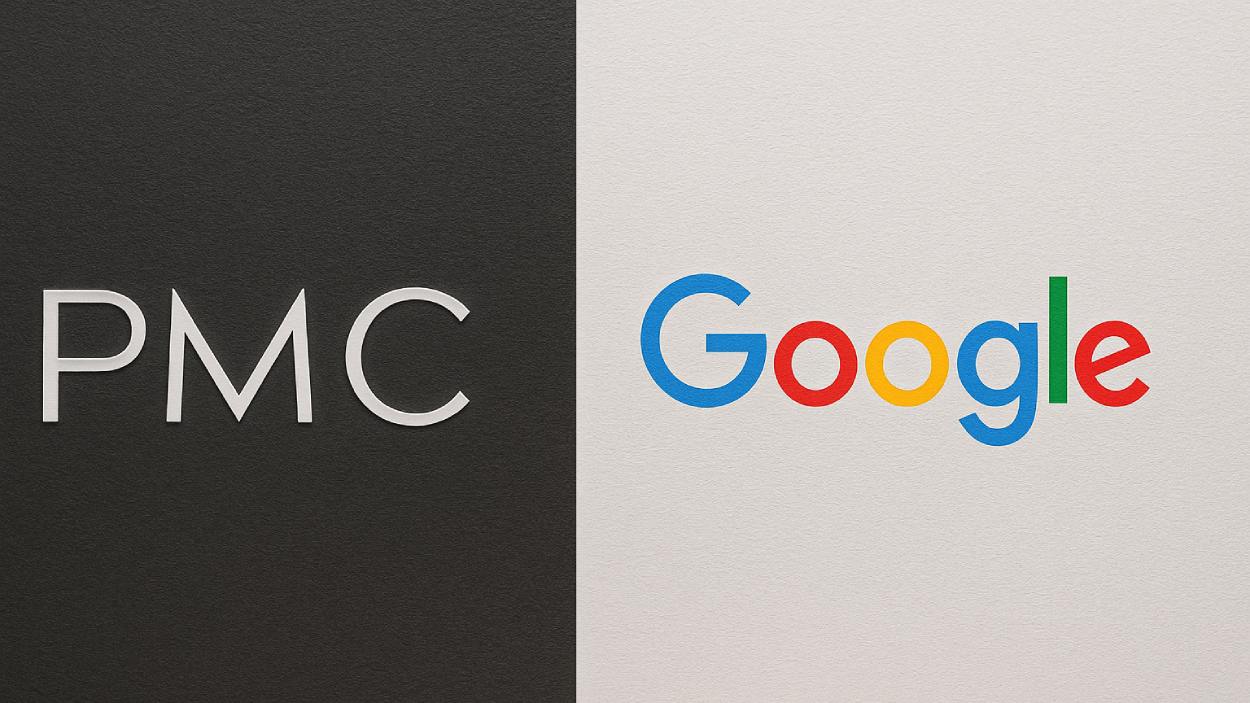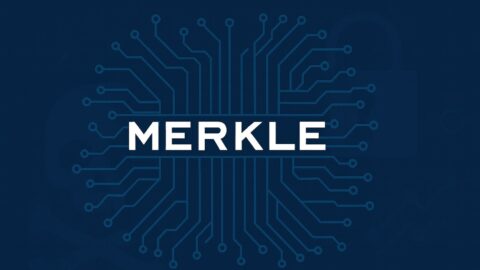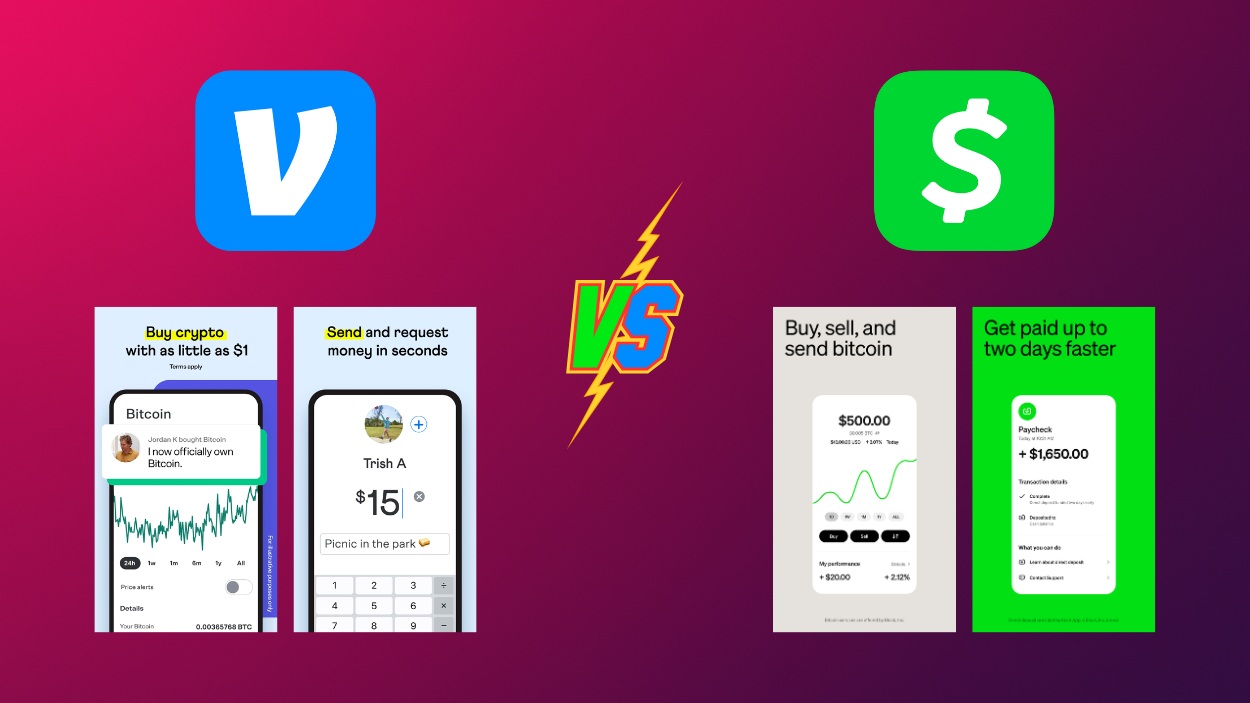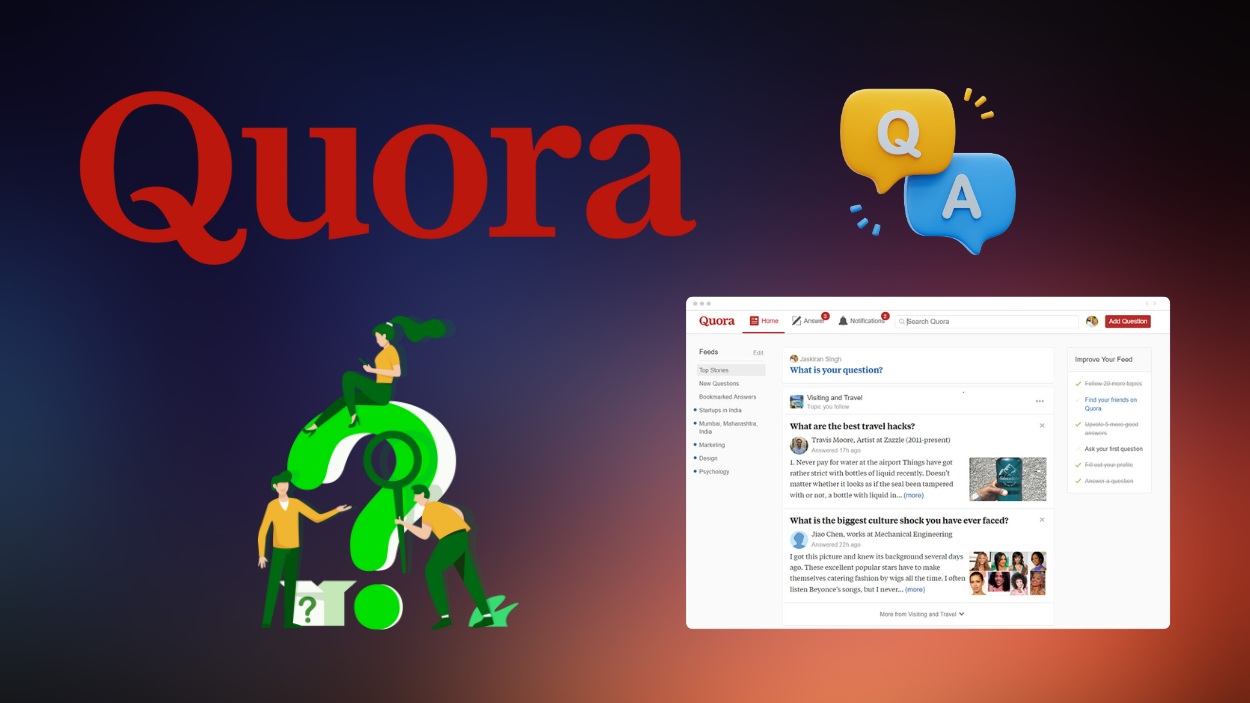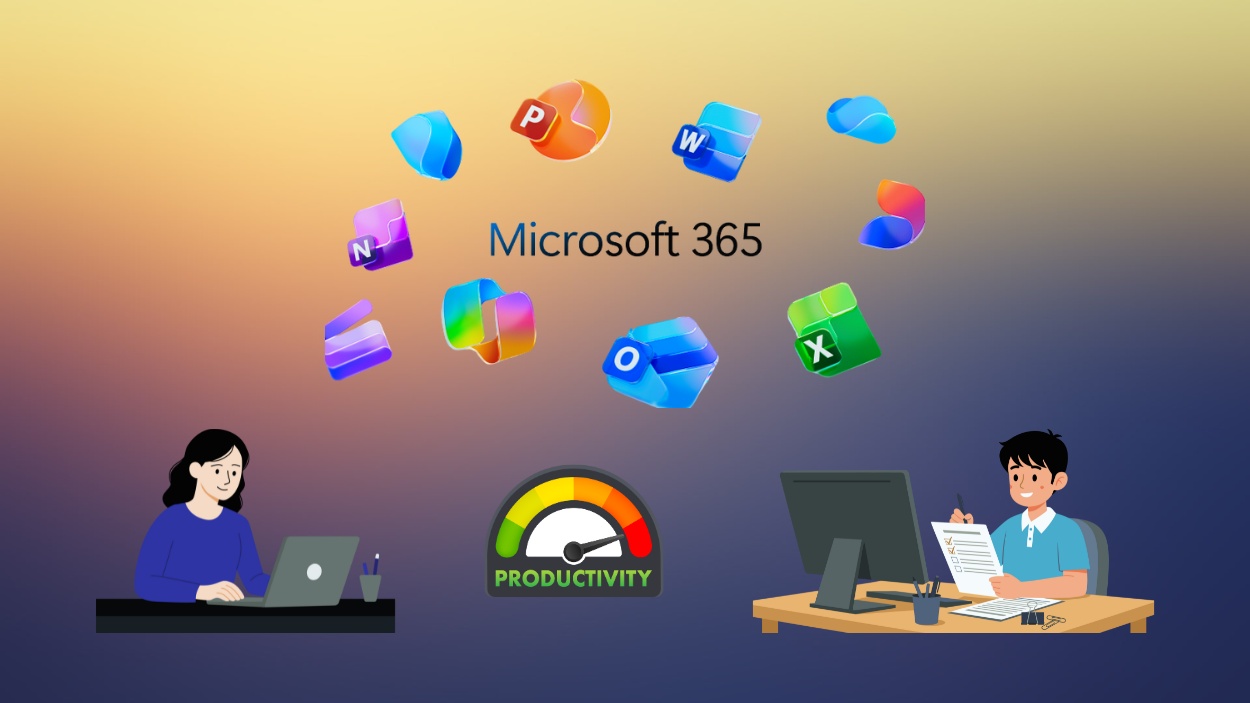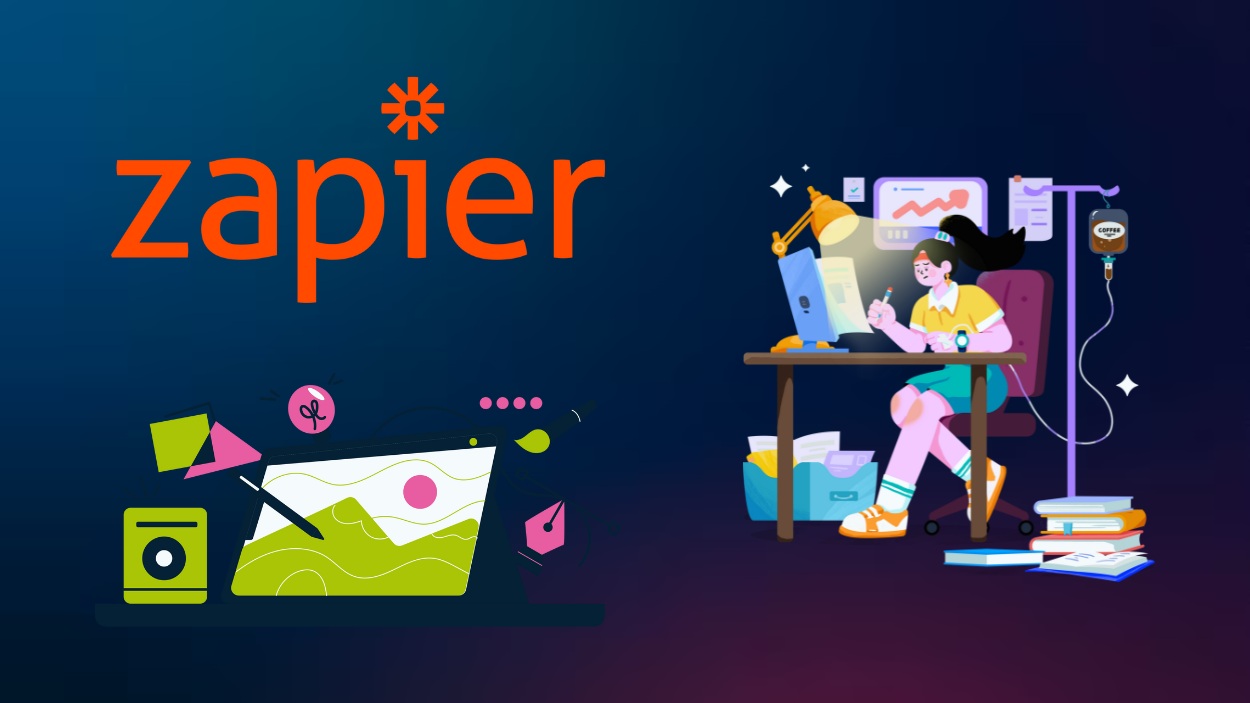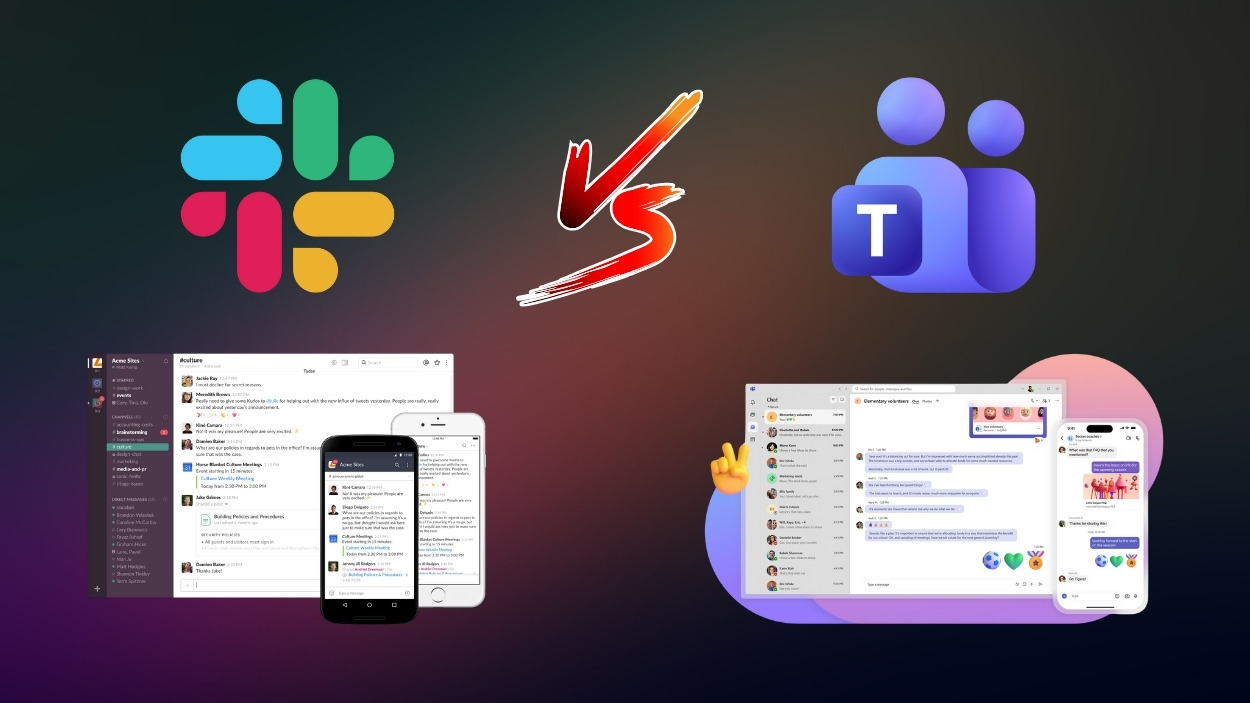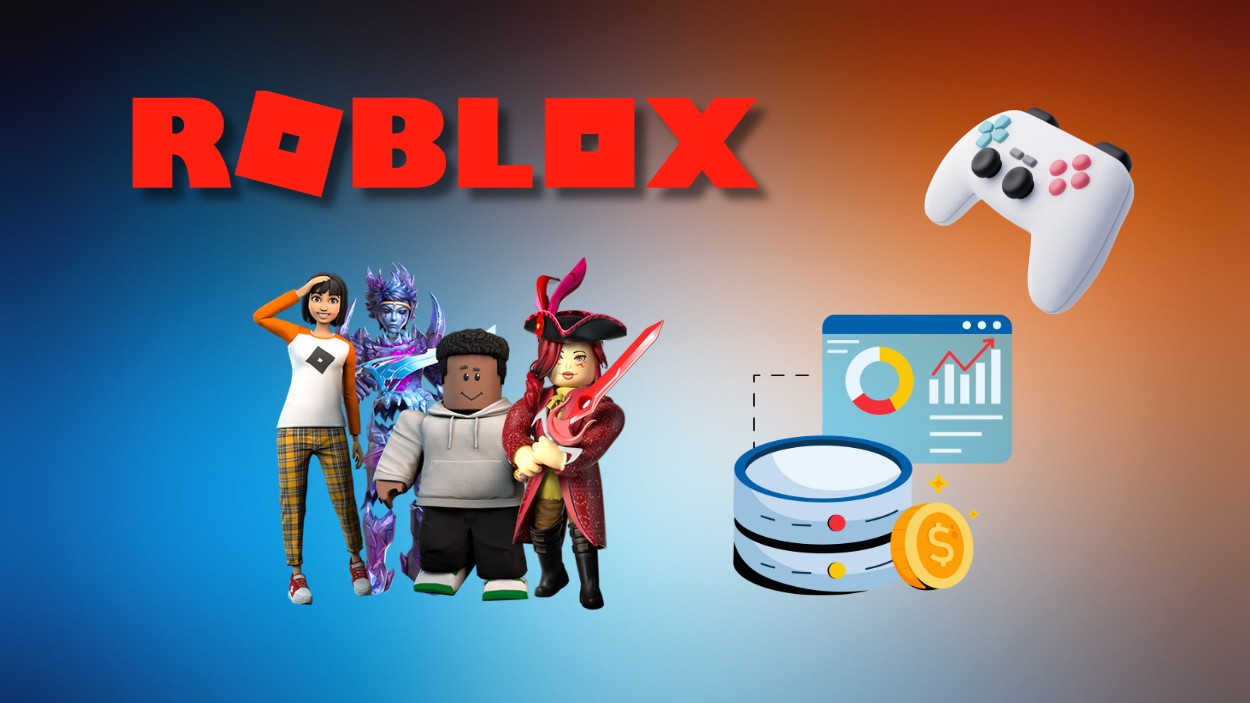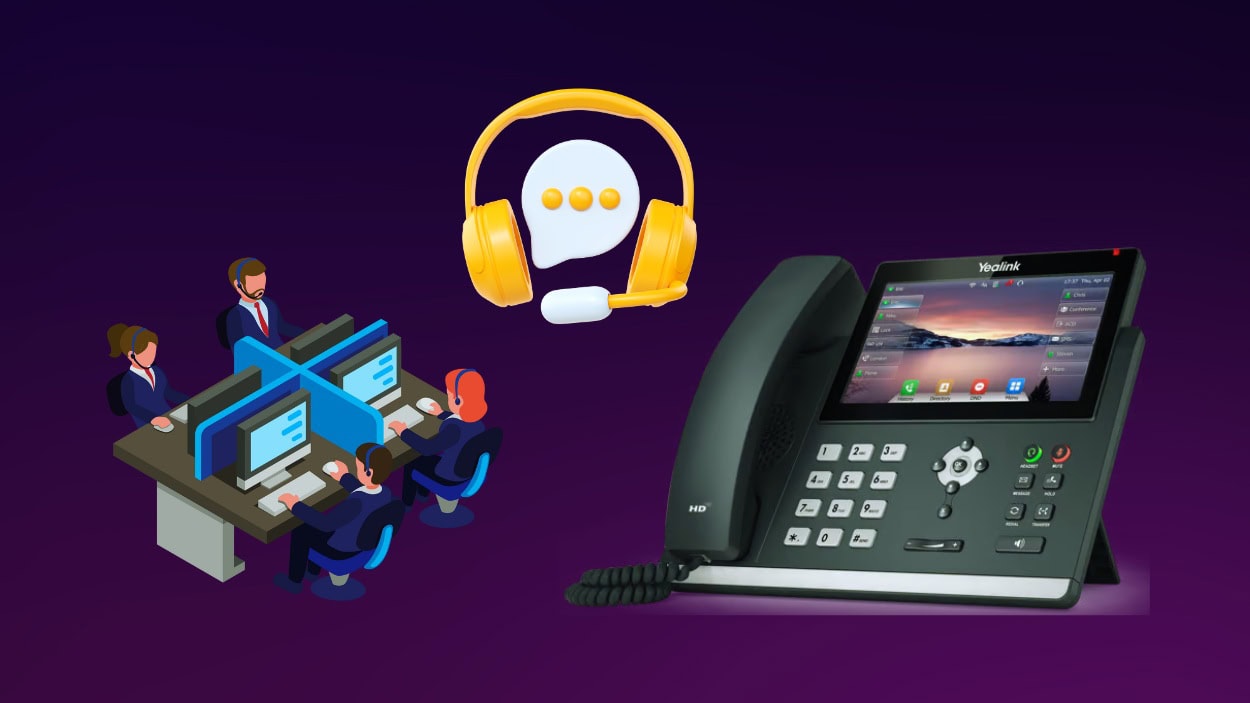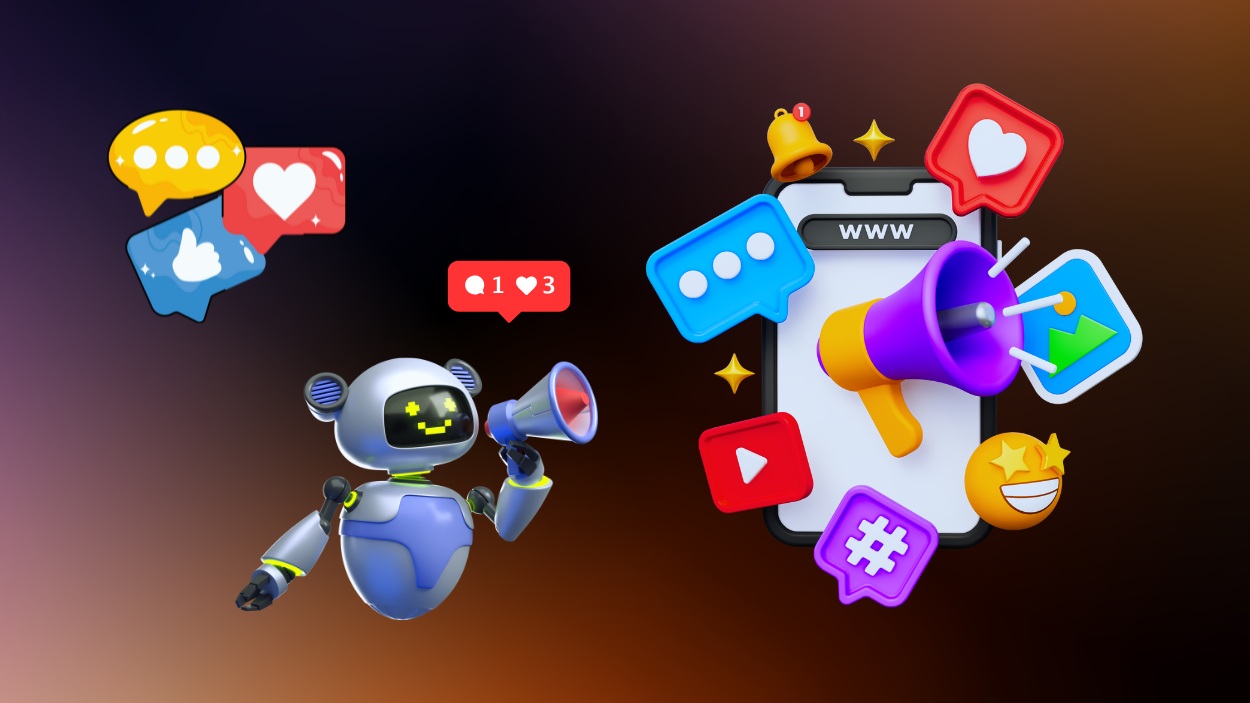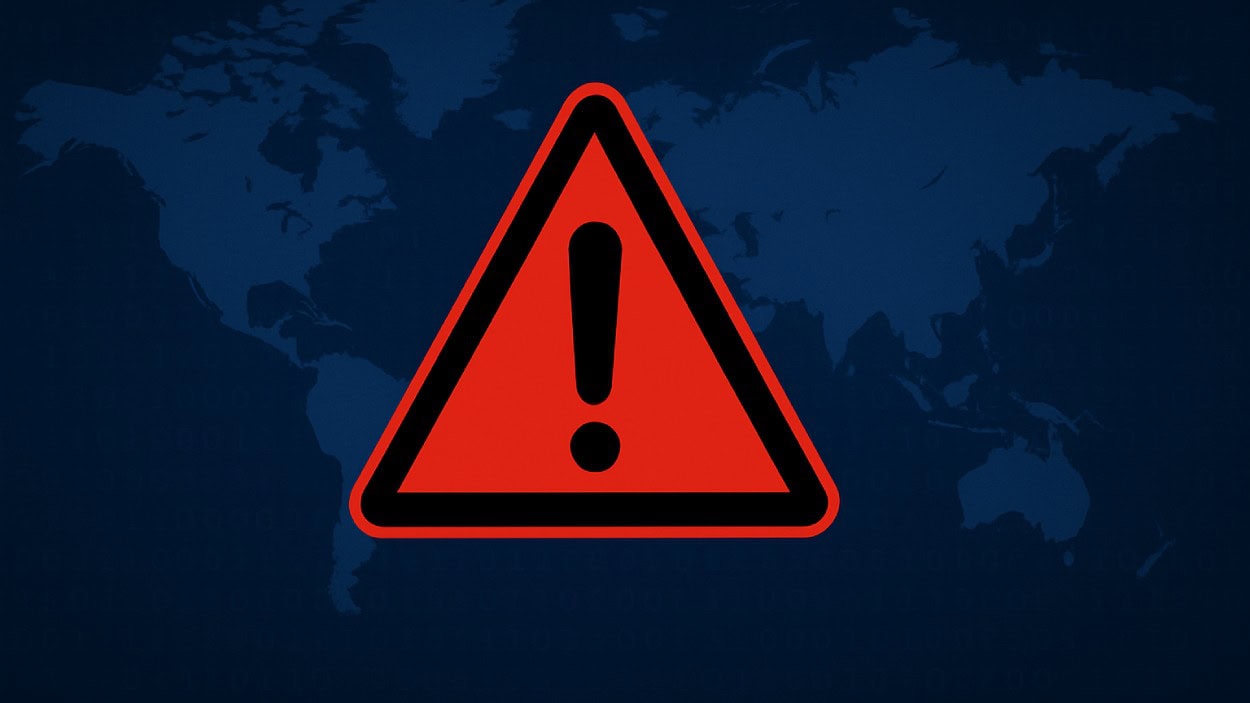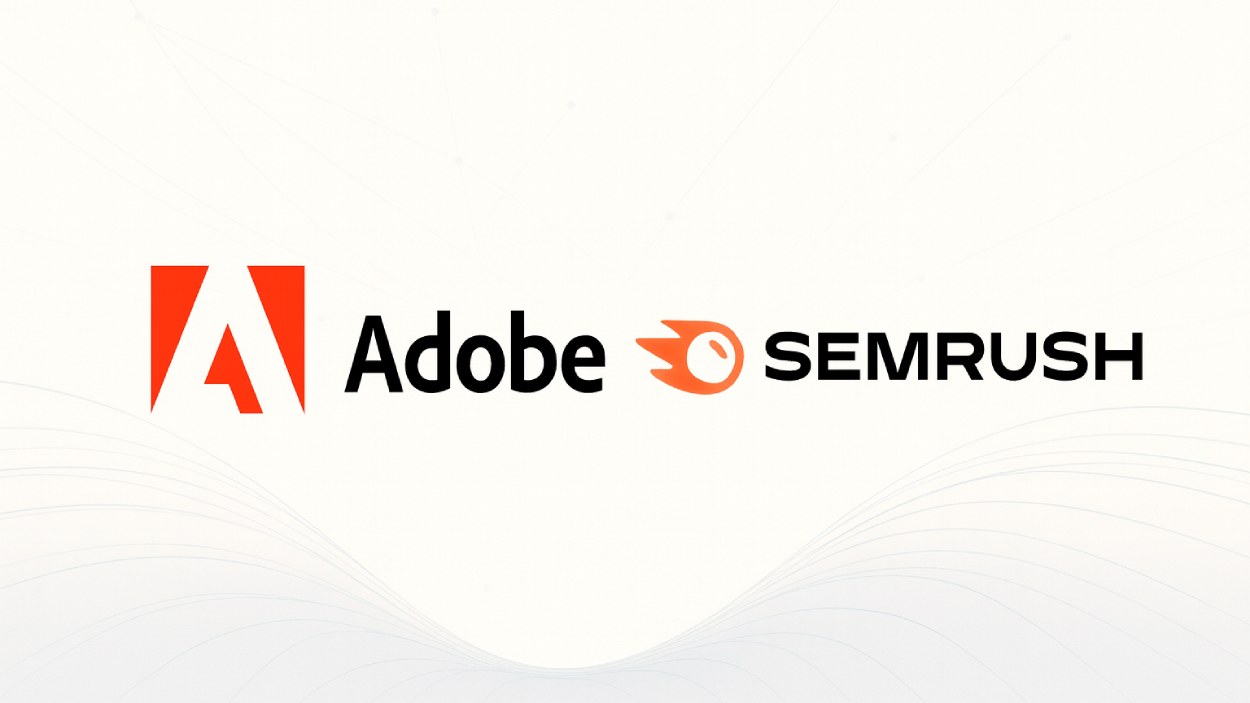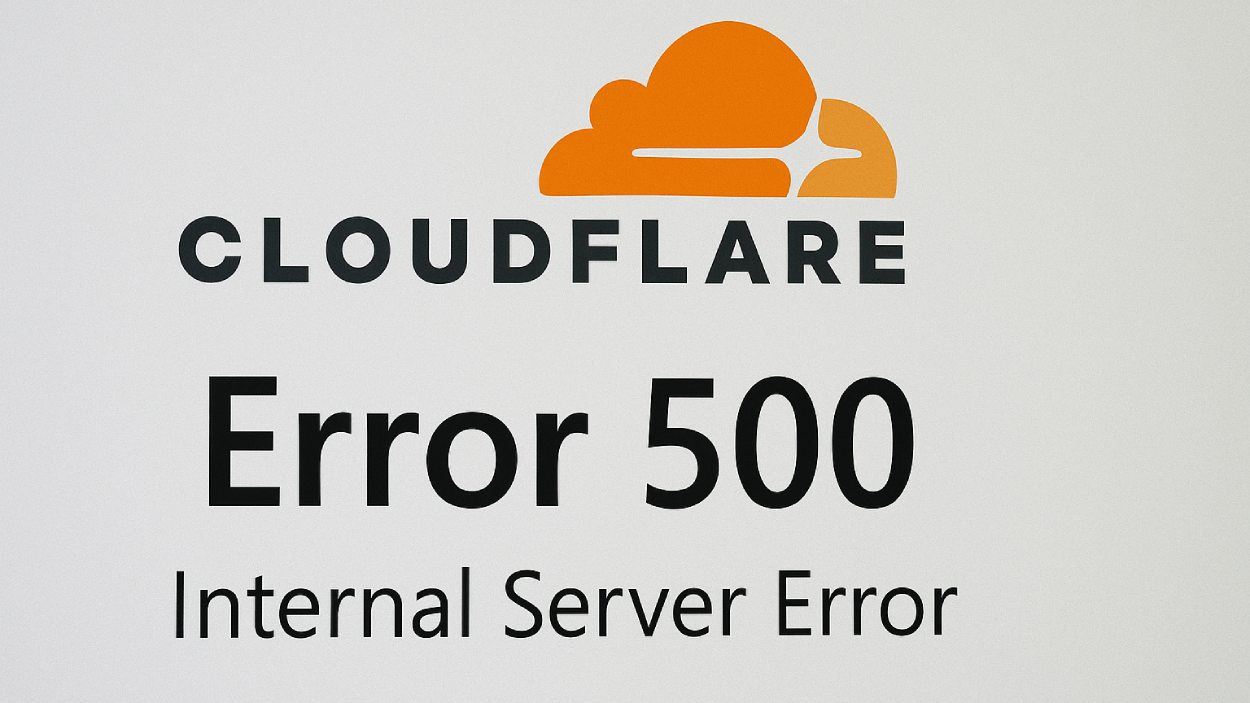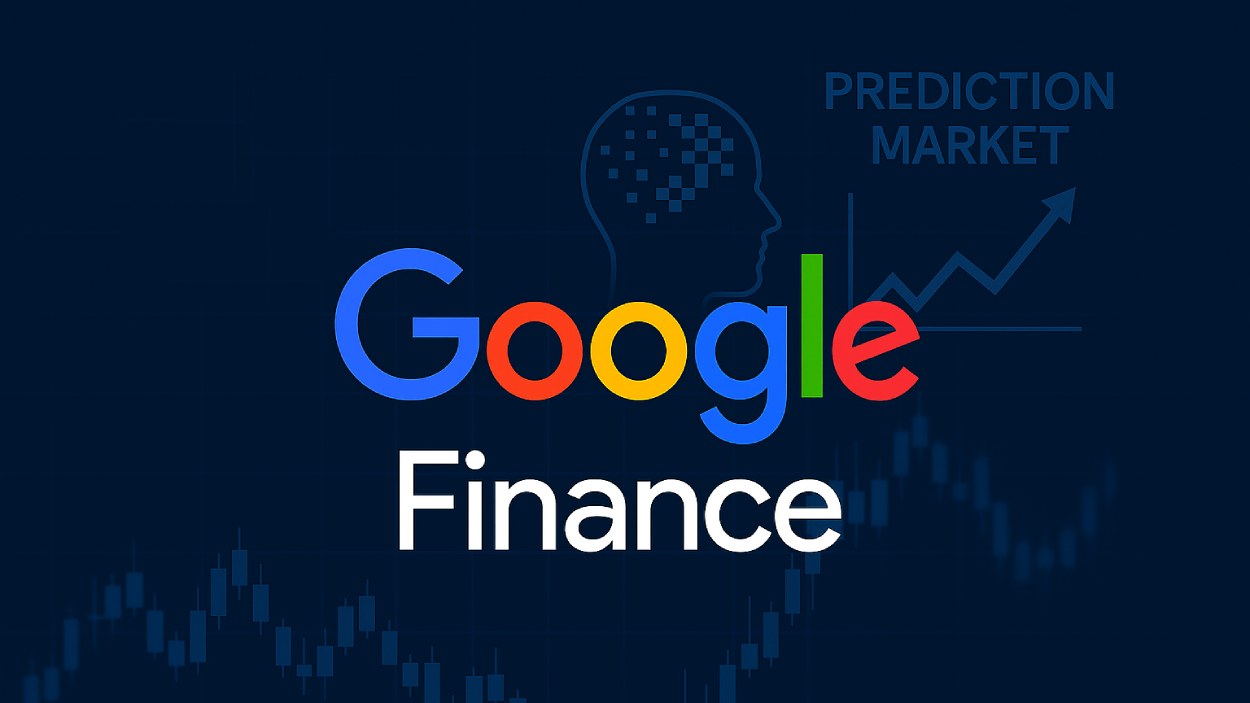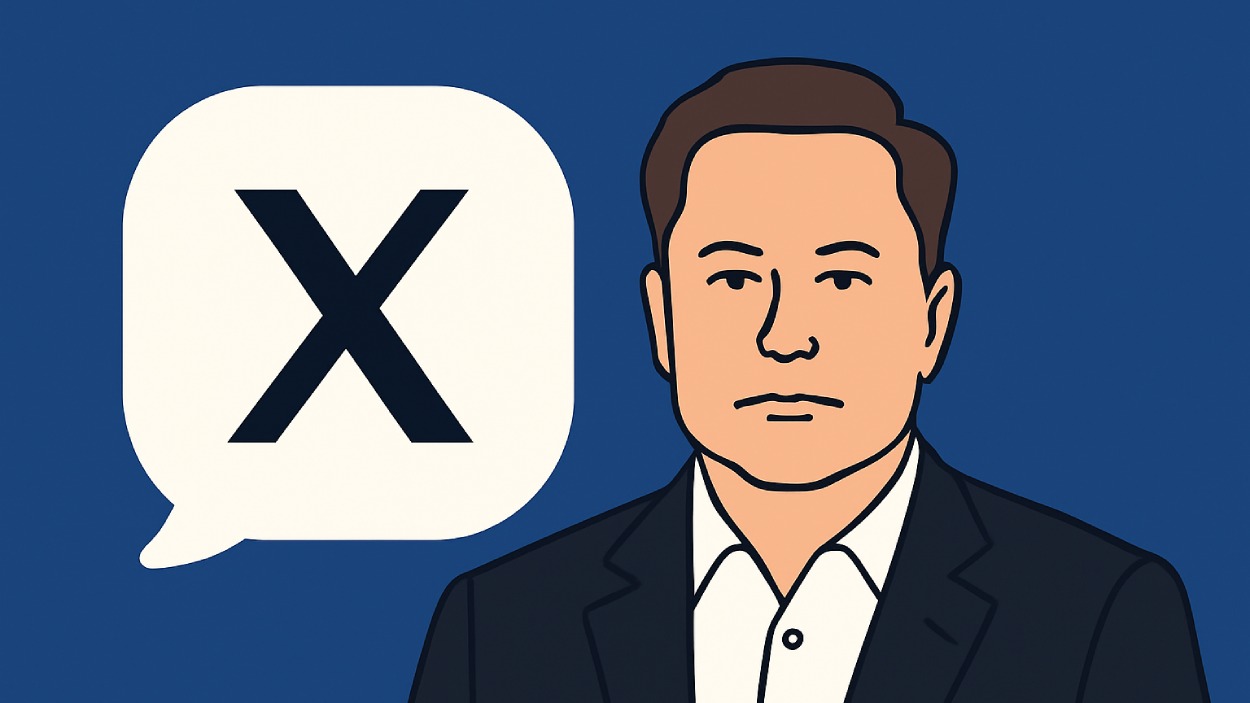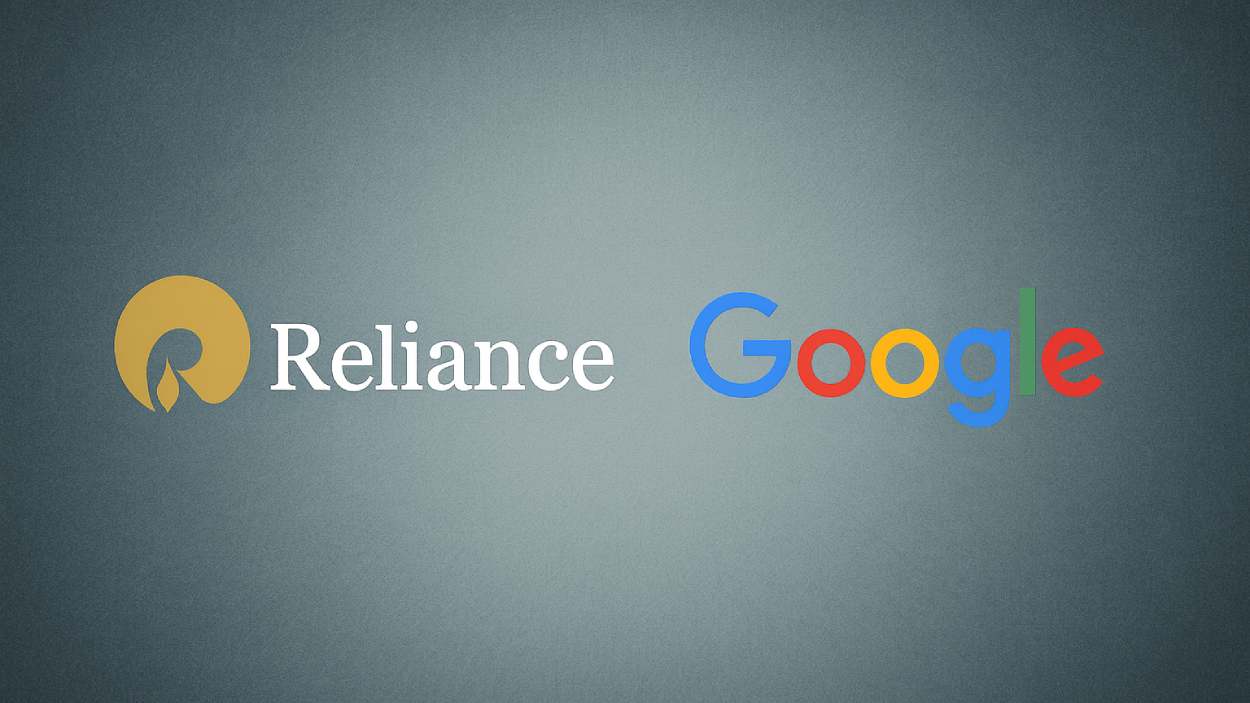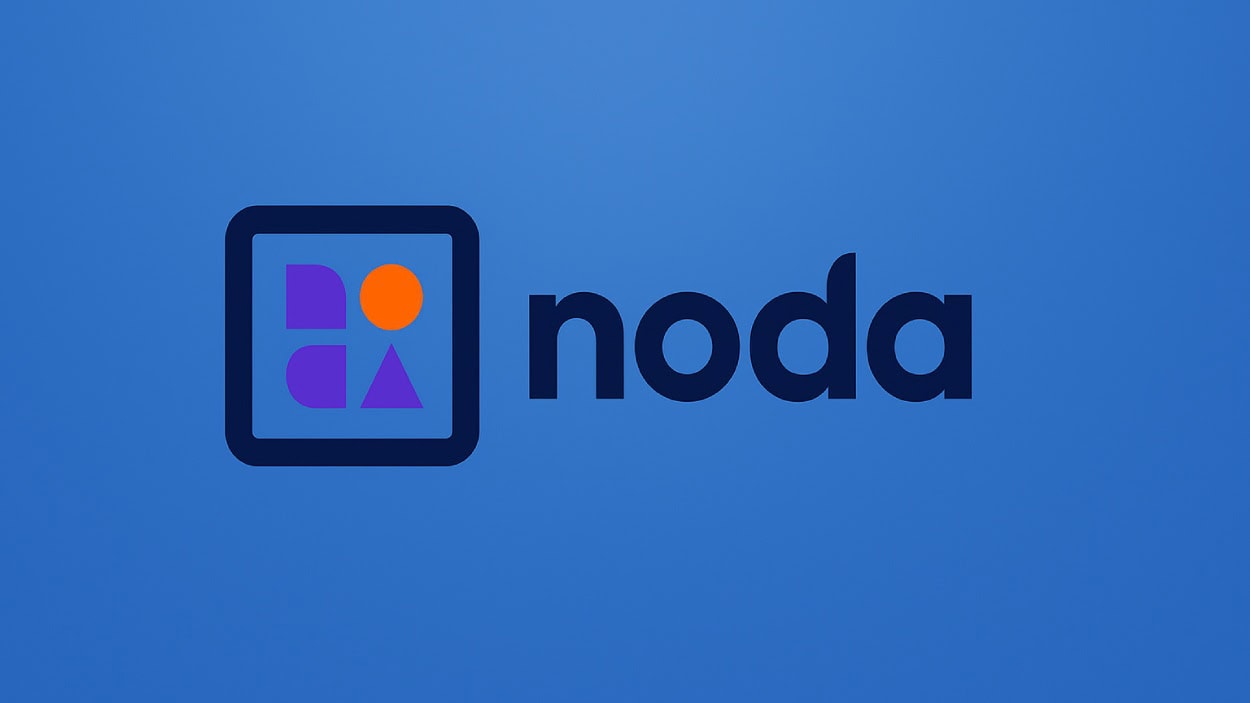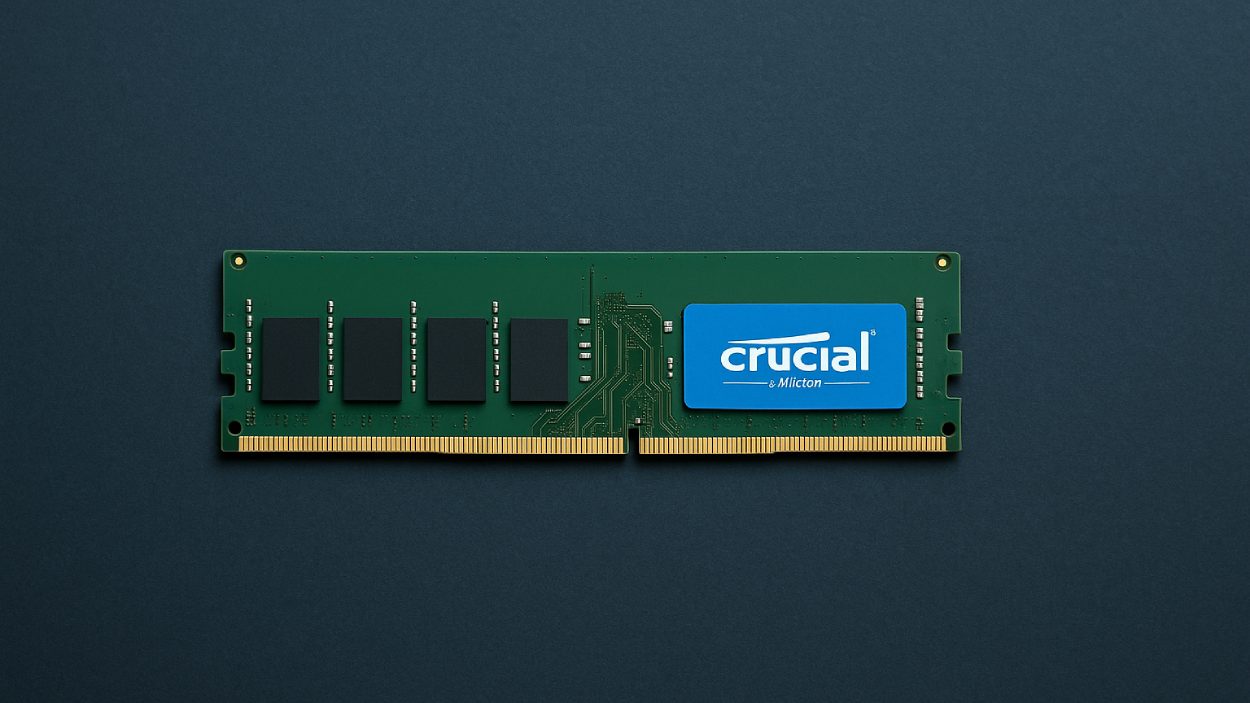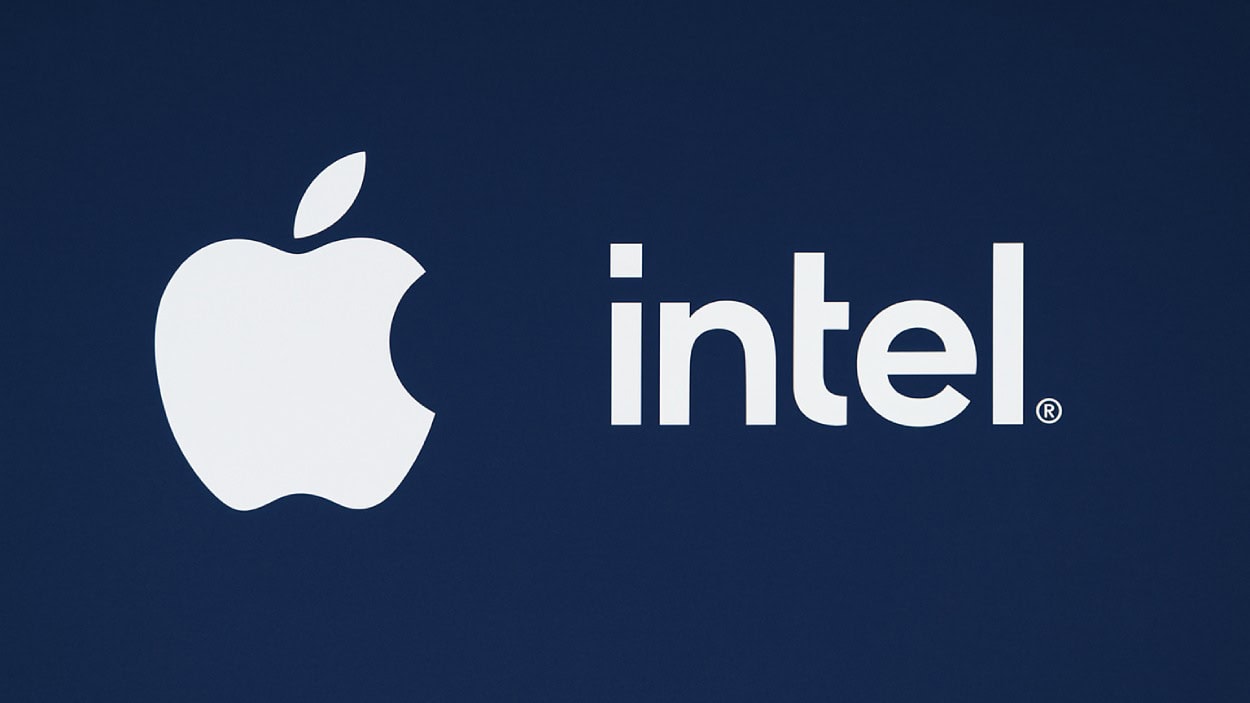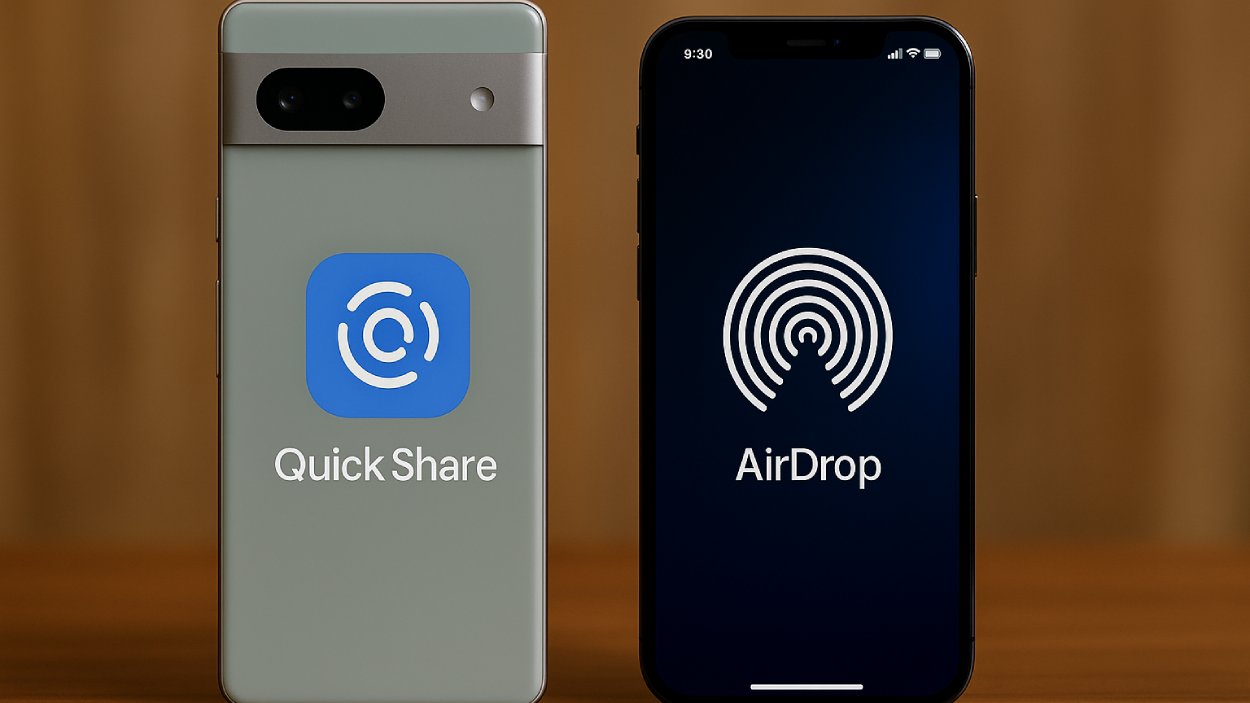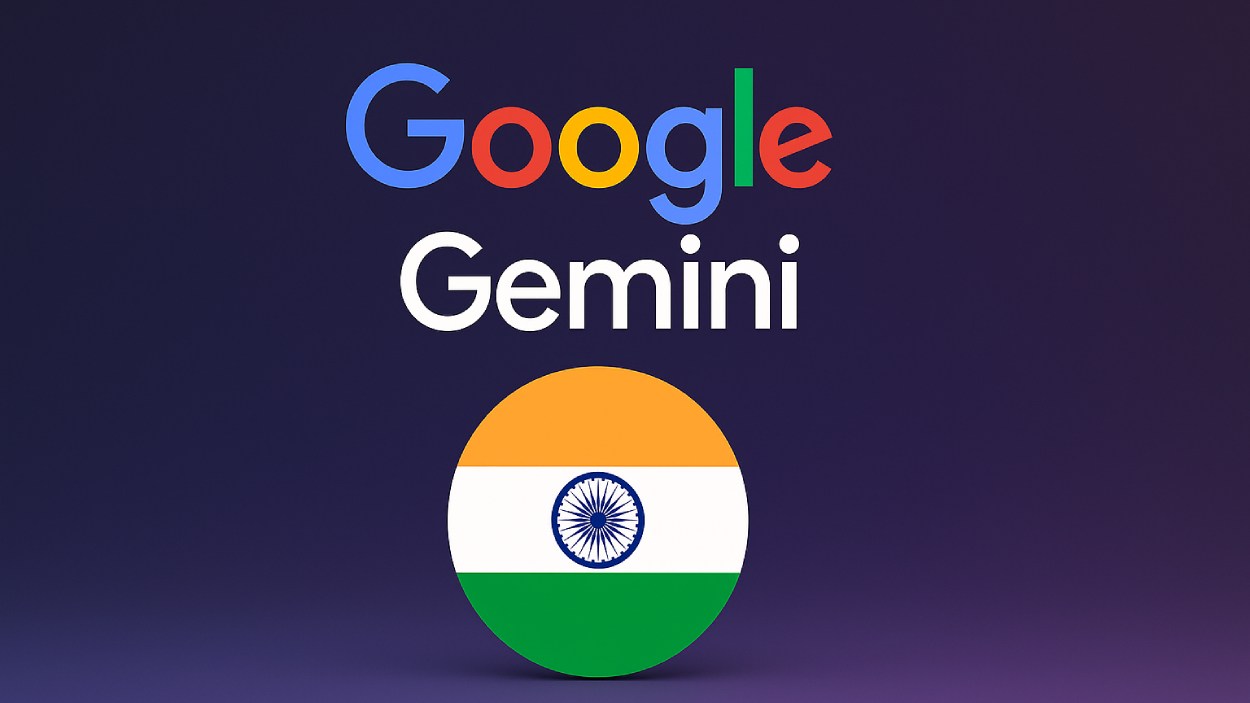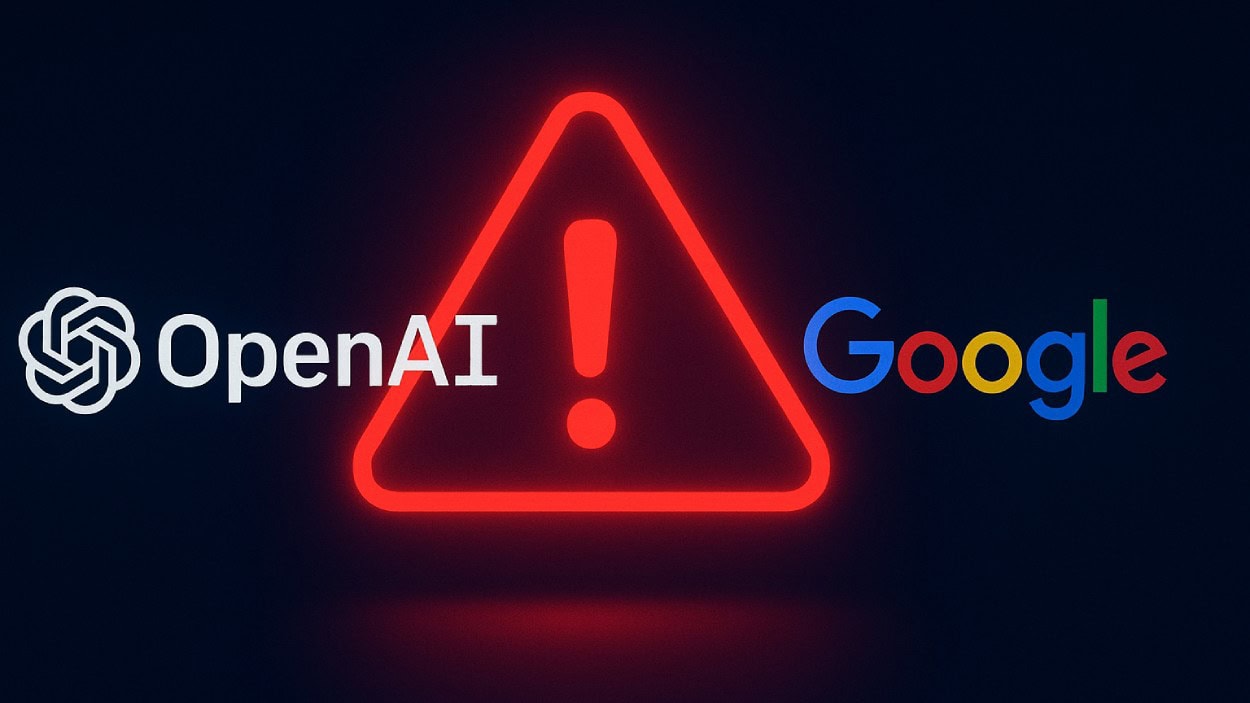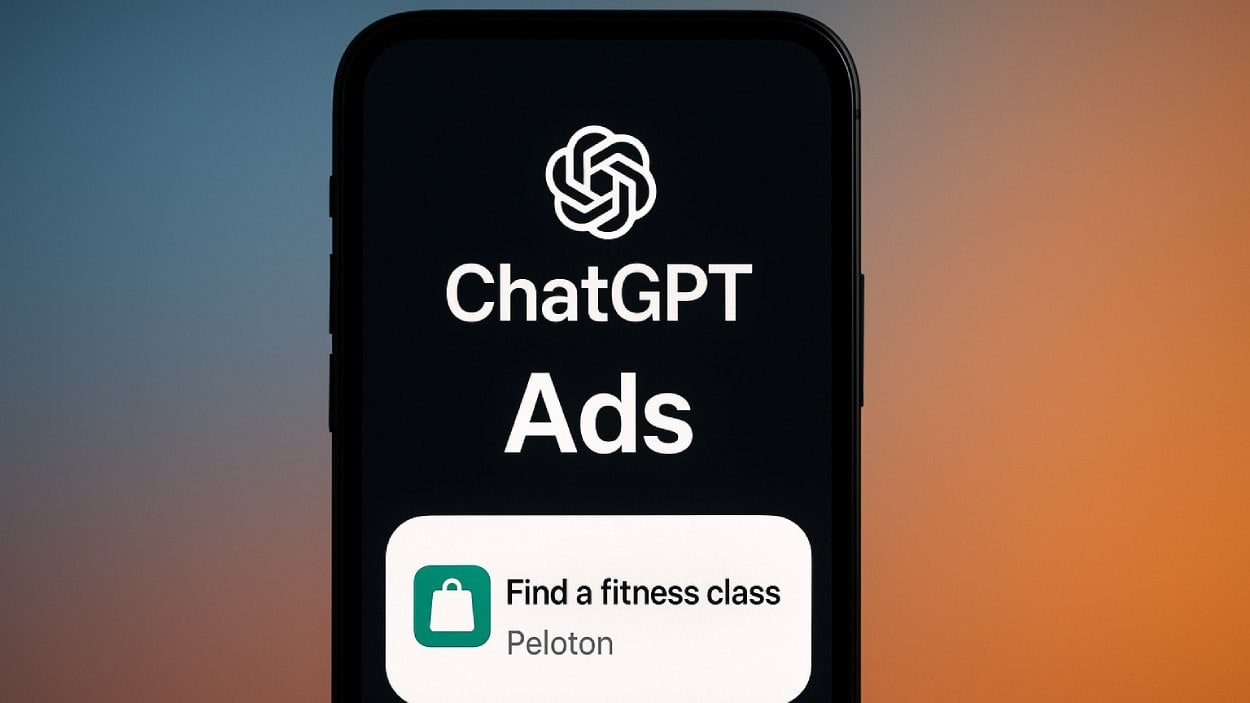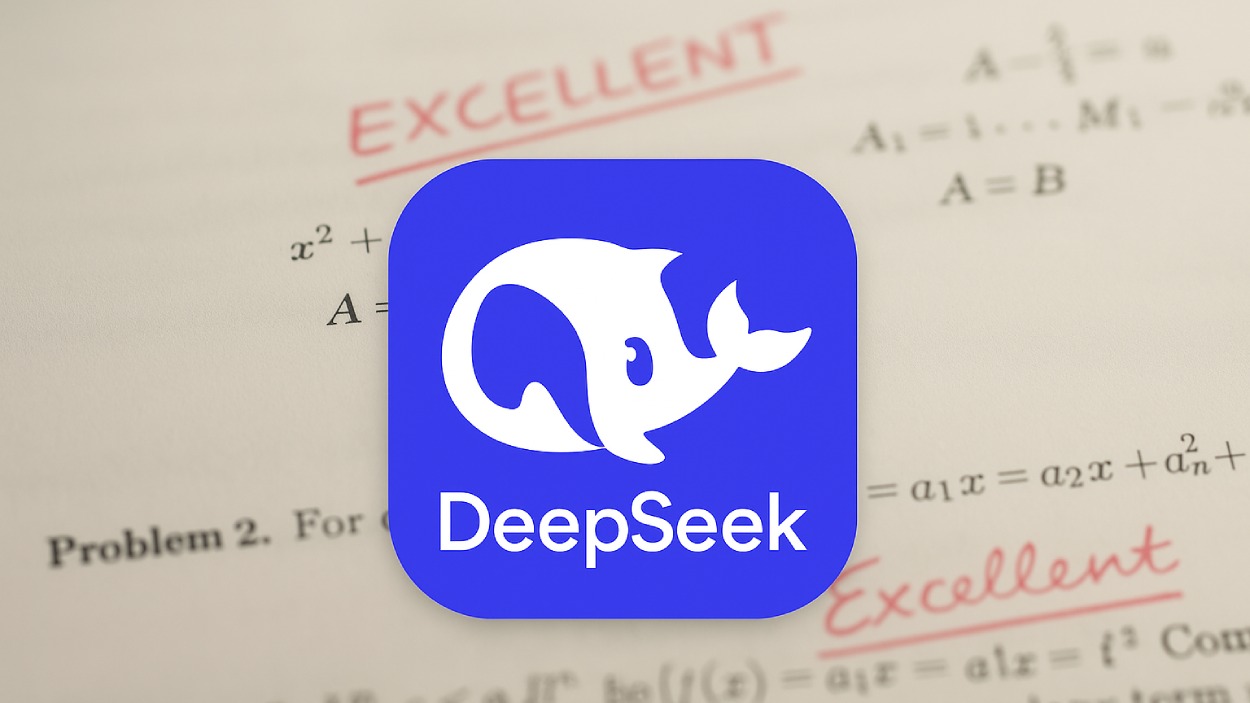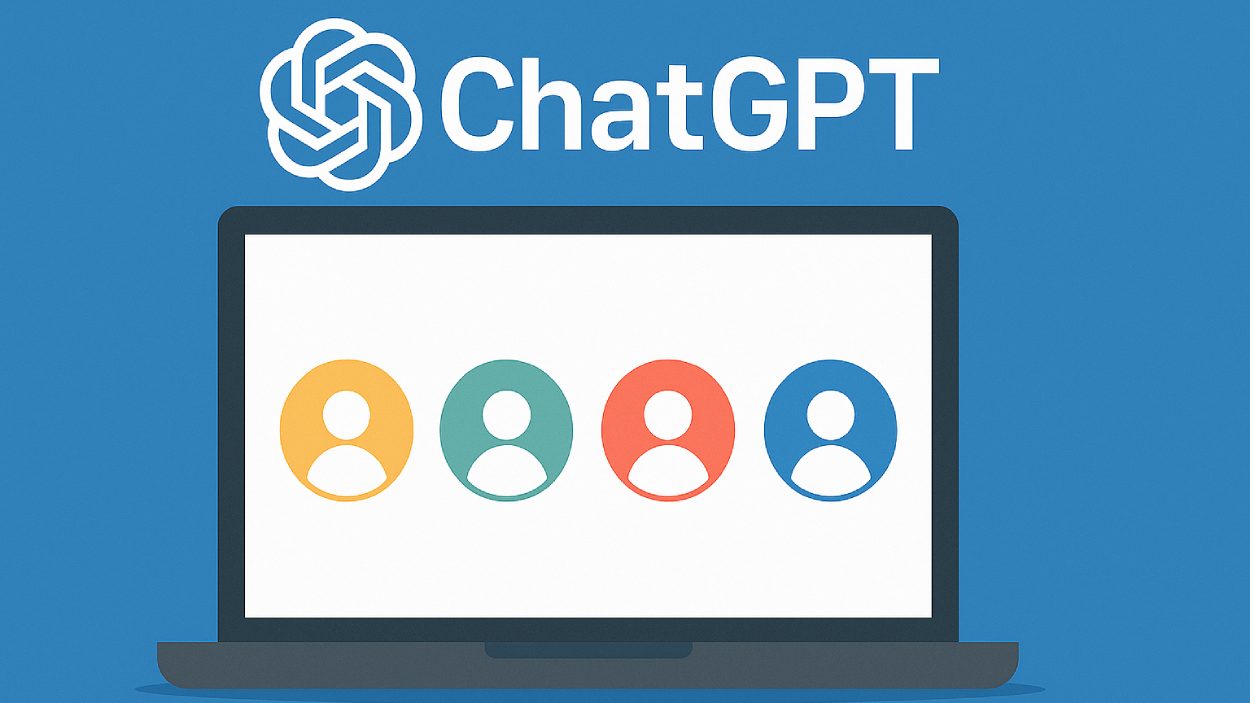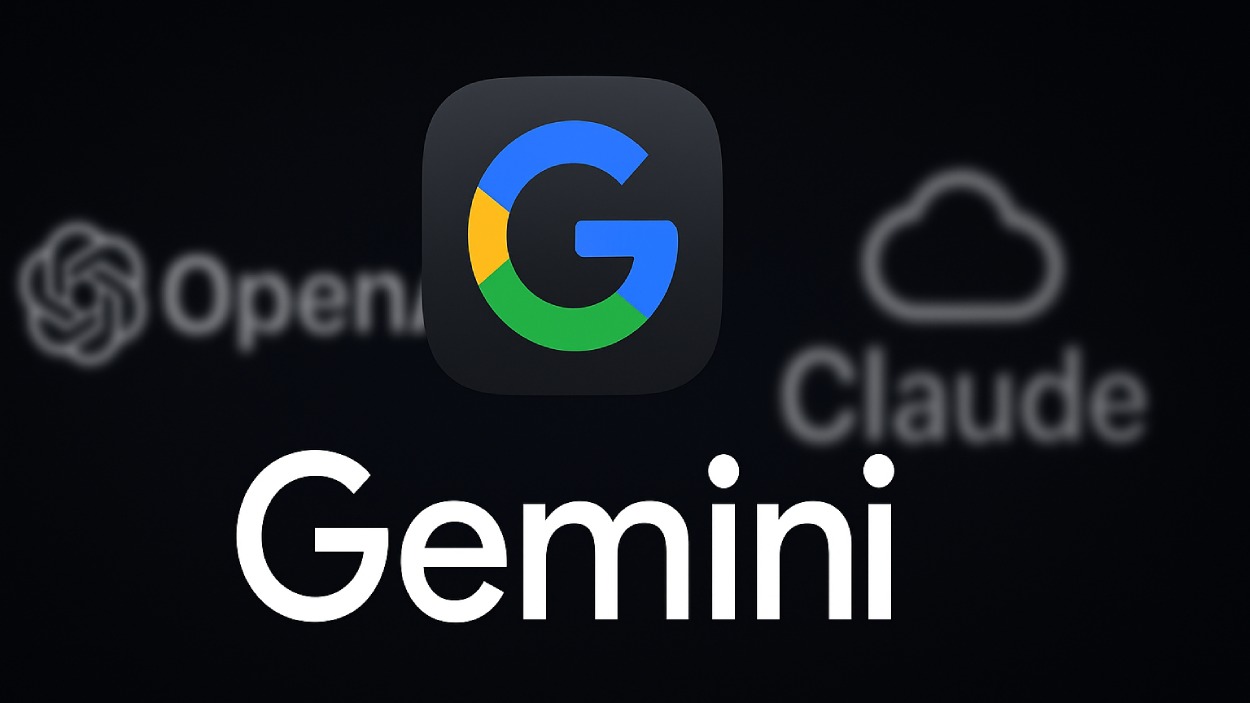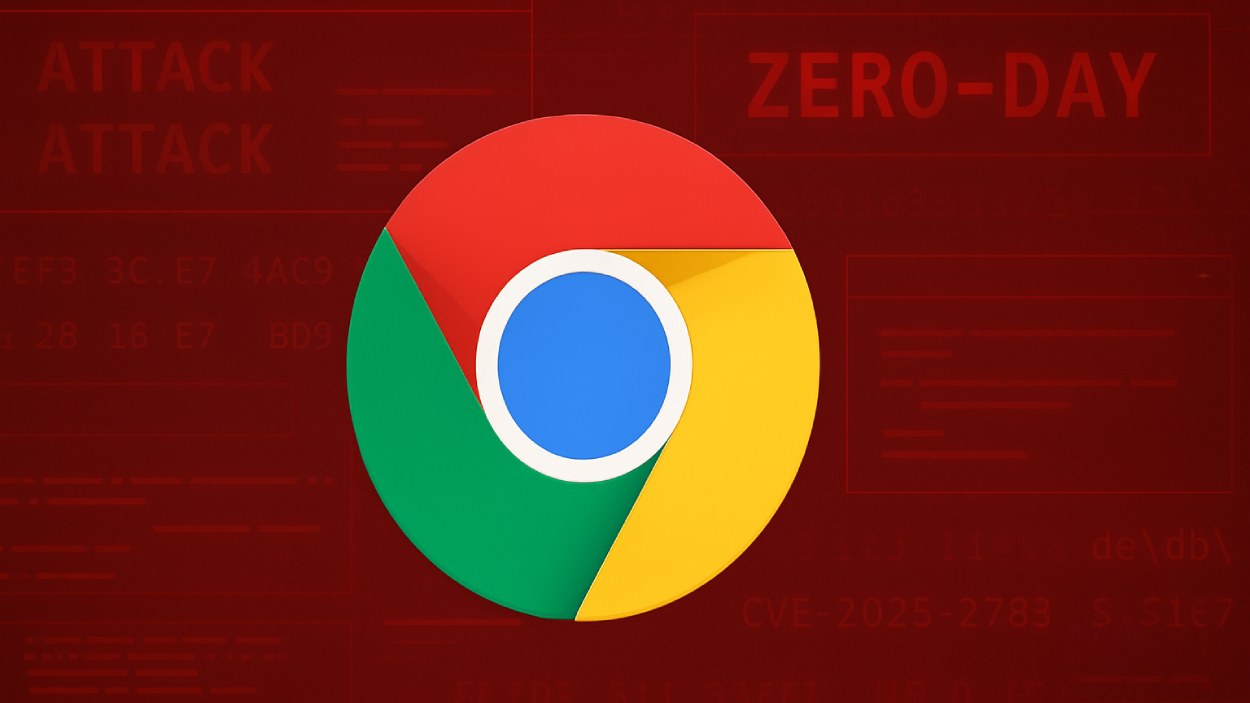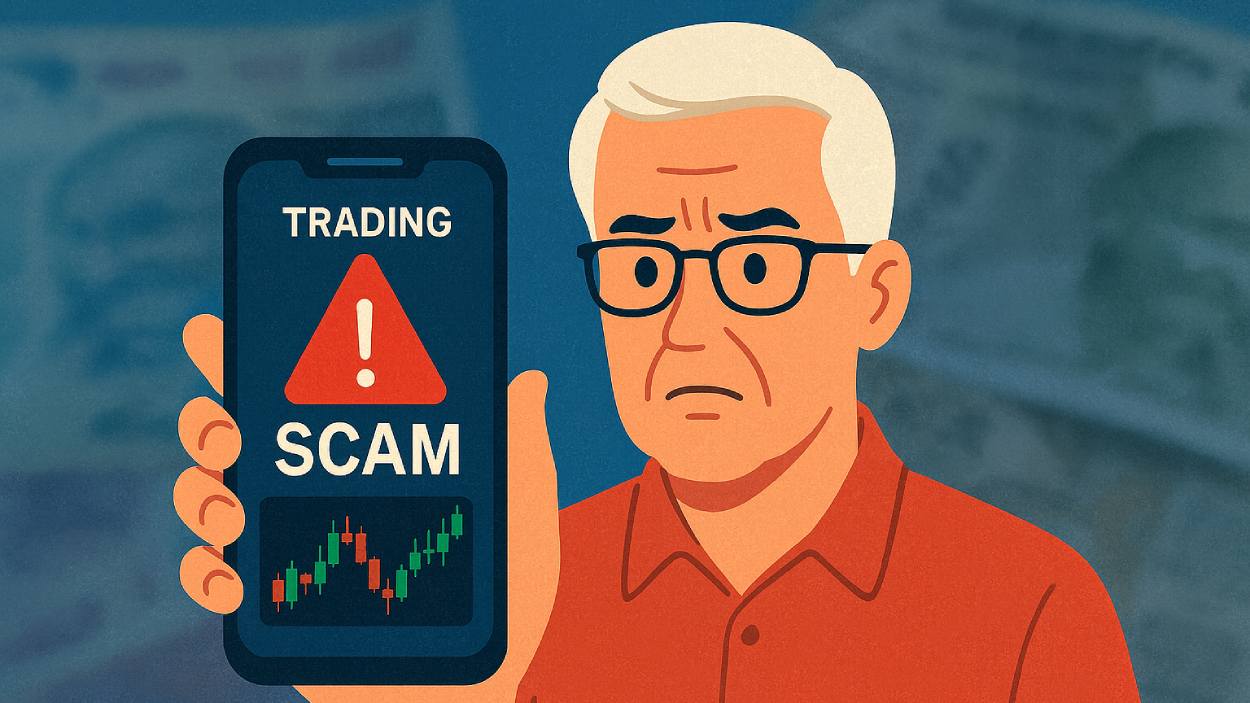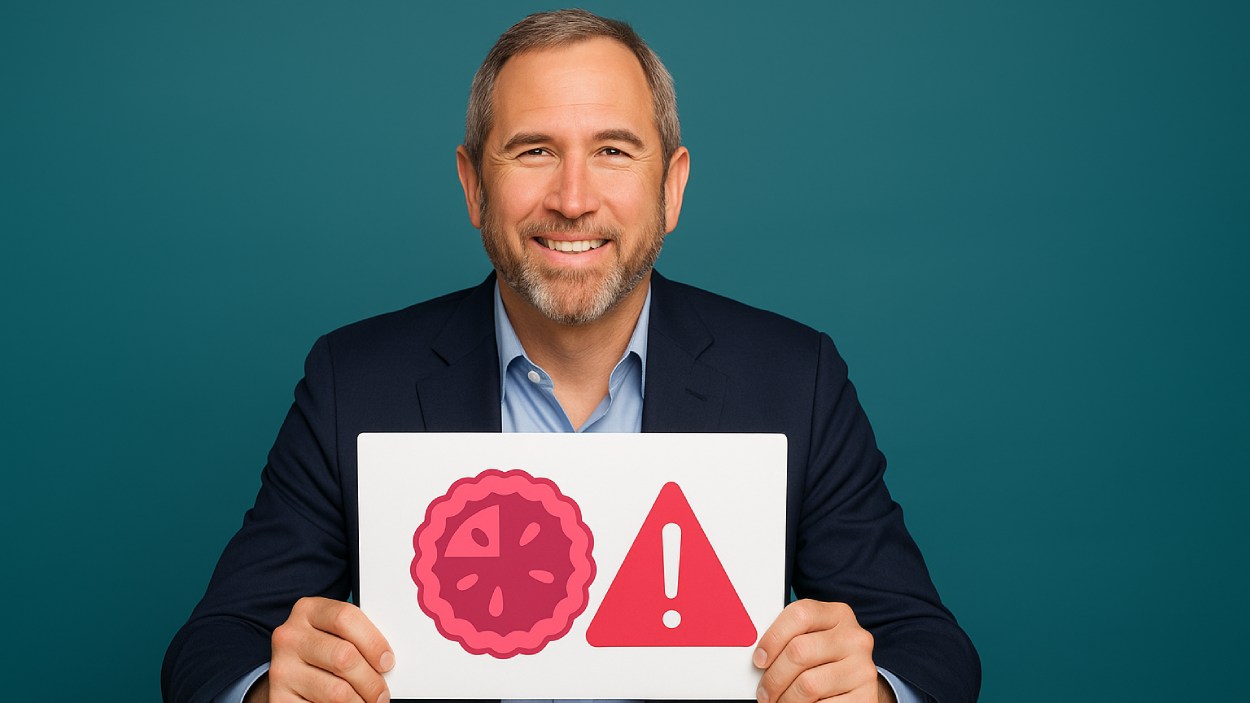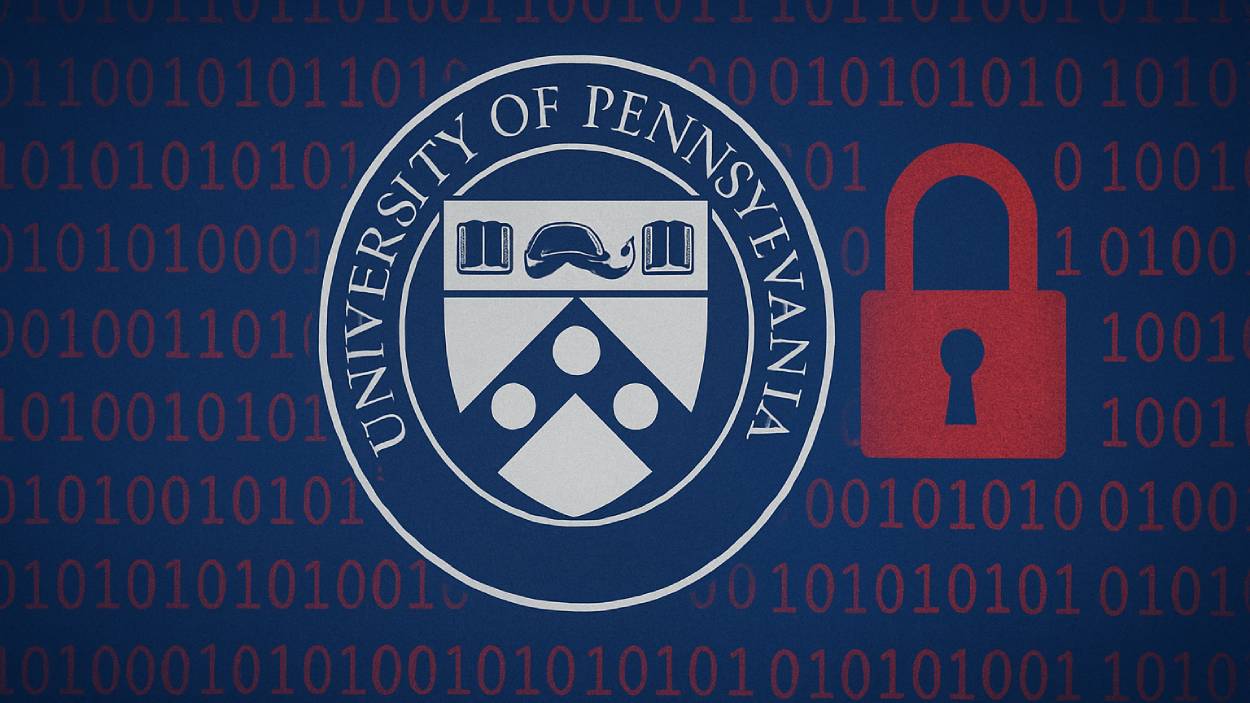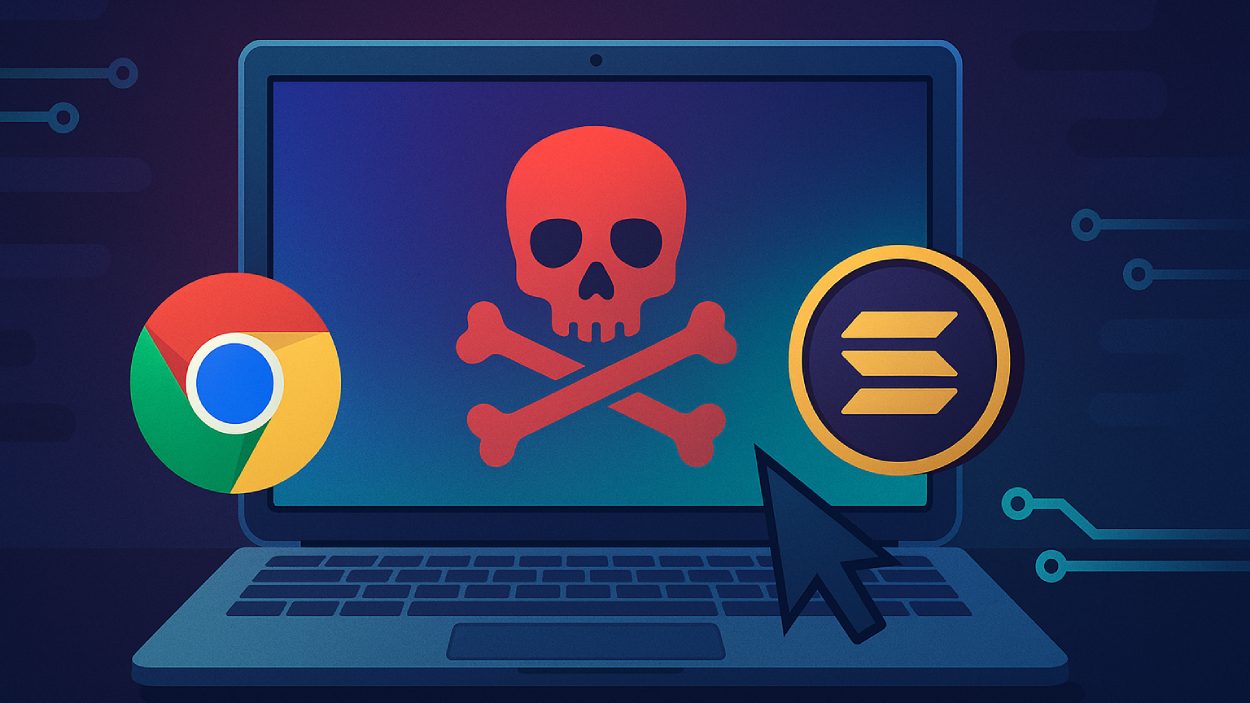Google sued by Penske Media for allegedly using publisher content in AI summaries without permission
Quick Summary – TLDR:
- Penske Media Corporation has filed a lawsuit against Google and Alphabet, claiming unauthorized use of its content in AI Overviews.
- PMC owns major outlets including Rolling Stone, Variety, Billboard, and Hollywood Reporter.
- The company alleges traffic and ad revenue losses due to AI summaries replacing direct clicks.
- Google defends AI Overviews as helpful tools that drive diverse traffic to publisher websites.
What Happened?
Penske Media Corporation (PMC), the owner of high-profile publications like Rolling Stone, Billboard, and Variety, has filed a lawsuit against Google in federal court. The lawsuit alleges that Google’s AI Overviews misuse journalistic content without consent, harming both traffic and revenue for media publishers.
This marks the first major legal challenge in the U.S. against Google over its AI Overviews feature, which places AI-generated summaries at the top of search results.
ok, this is HUGE. Late Friday, Penske (PMC) filed a wicked-smart, landmark antitrust lawsuit against Google. I’ve now read it in full and I’m very impressed. Importantly, it’s the first antitrust suit for Google tying its AI-driven products to its adjudicated search monopoly. /1 pic.twitter.com/Nxgz7okIQx
— Jason Kint (@jason_kint) September 14, 2025
Penske Pushes Back Against Google’s AI Overviews
In its lawsuit, PMC accuses Google of “illegally using publishers’ content” in its AI-generated summaries, which appear prominently on search result pages. These summaries, according to PMC, are produced without consent and discourage users from visiting the original sources, undermining the core web traffic model that supports digital journalism.
Jay Penske, CEO of Penske Media, issued a strong statement:
The lawsuit claims that Google leverages its dominant search position to coerce publishers into allowing their content to be used in AI products. PMC asserts that if it opts out of AI Overviews, it would have to remove its content entirely from Google Search, which would be financially disastrous.
Traffic Declines and Revenue Losses
According to the filing, Google’s AI Overviews now appear in about 20% of searches that previously linked directly to PMC outlets. As a result, affiliate revenue has reportedly dropped by more than a third since early 2024. Penske argues that this trend is expected to worsen as AI Overviews expand.
PMC said it allows Google to crawl its content under a traditional “access for traffic” model. But Google has now tied that agreement to broader reuse of content for AI, without offering any opt-out mechanism specific to AI summaries.
The lawsuit also notes that Google has not provided credible data to refute claims that AI Overviews reduce publisher traffic. Instead, smaller publishers and ad platforms have reported seeing traffic drops of 20 to 60%, with one estimate suggesting this could result in $2 billion in annual industry revenue loss.
Google’s Response
Google spokesperson José Castañeda defended the AI Overviews tool, stating, “With AI Overviews, people find Search more helpful and use it more, creating new opportunities for content to be discovered. We will defend against these meritless claims.”
He also emphasized that Google sends billions of clicks daily to websites across the internet and that AI Overviews are designed to benefit a wider range of content creators.
Growing Tensions Over AI and Search
The lawsuit is part of a growing global tension between tech giants and media companies. Google is already facing antitrust scrutiny in Europe over its use of AI in search, and a recent U.S. court ruling found that Google acted illegally to maintain its search monopoly. However, no break-up of the company was ordered.
Now, Penske’s legal challenge adds a new layer to that scrutiny, arguing that AI-powered features are not only hurting media businesses but also reshaping the internet in ways that disincentivize original content creation.
SQ Magazine Takeaway
Honestly, I think this case cuts right to the heart of the AI-internet debate. If Google’s AI tools are giving answers without crediting or benefiting the sources, that’s not innovation, that’s exploitation. As someone who values journalism, I get why Penske is pushing back. This lawsuit feels like a wake-up call for how AI should operate in the content ecosystem. Publishers need real protection and fair partnerships, not forced participation in something that undermines their survival.

